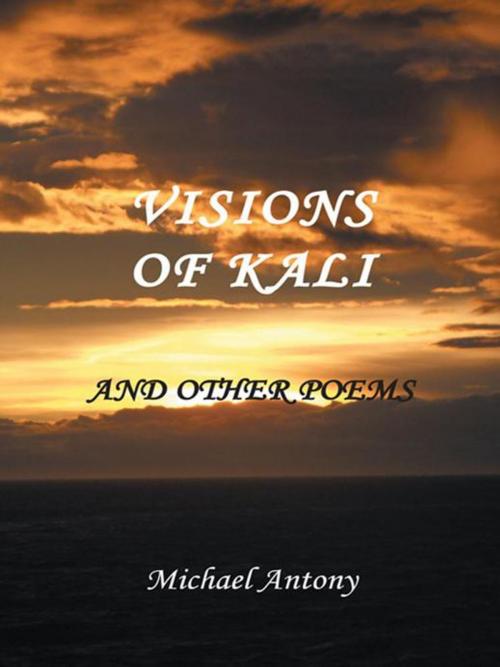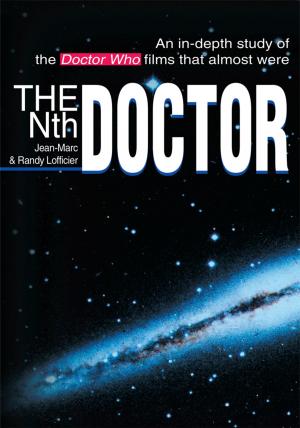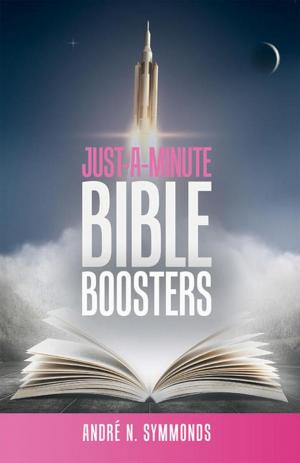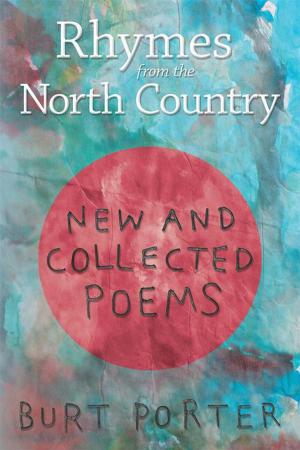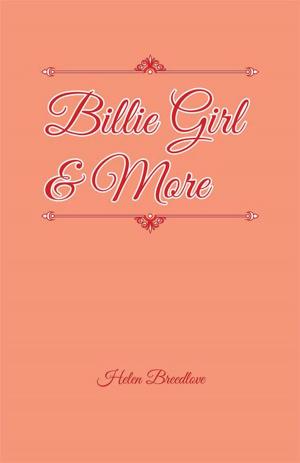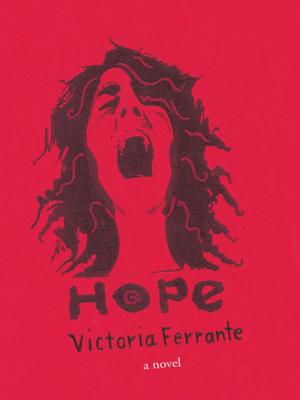| Author: | Michael Antony | ISBN: | 9781475994728 |
| Publisher: | iUniverse | Publication: | July 1, 2013 |
| Imprint: | iUniverse | Language: | English |
| Author: | Michael Antony |
| ISBN: | 9781475994728 |
| Publisher: | iUniverse |
| Publication: | July 1, 2013 |
| Imprint: | iUniverse |
| Language: | English |
These poems are a return to a past century in their approach, in that they tell of love affairs, encounters, or personal crises in simple language rather than being cryptic crossword puzzles or displays of ingenious imagery. They are also a return to a more recent past in content, since many of them were written around 1980 after a seven-year period spent on the road. They describe impressions of exotic countries (both their poverty and their beauty), the adventures of a life of wandering and drug-induced indolence on paradisiac beaches, and the love affairs of an era when young men and women related to each other rather more freely than they do today. These poems were rejected by publishers at the time, when the hippie lifestyle was not thought to be of interest and poems were supposed to be academic wordgames, not neo-romantic expressions of personal experience. There are signs both attitudes are changing, as the baby-boomers enter a period of nostalgia for their youth (including the counter-culture that inspired its music) and we near the end of the long drawn-out death of Modernism, which reduced all art-forms to idiocy or sterility. The book ends with some more recent poems, which reflect on life, death, justice, faith, science, other lives, and other worlds.
These poems are a return to a past century in their approach, in that they tell of love affairs, encounters, or personal crises in simple language rather than being cryptic crossword puzzles or displays of ingenious imagery. They are also a return to a more recent past in content, since many of them were written around 1980 after a seven-year period spent on the road. They describe impressions of exotic countries (both their poverty and their beauty), the adventures of a life of wandering and drug-induced indolence on paradisiac beaches, and the love affairs of an era when young men and women related to each other rather more freely than they do today. These poems were rejected by publishers at the time, when the hippie lifestyle was not thought to be of interest and poems were supposed to be academic wordgames, not neo-romantic expressions of personal experience. There are signs both attitudes are changing, as the baby-boomers enter a period of nostalgia for their youth (including the counter-culture that inspired its music) and we near the end of the long drawn-out death of Modernism, which reduced all art-forms to idiocy or sterility. The book ends with some more recent poems, which reflect on life, death, justice, faith, science, other lives, and other worlds.
